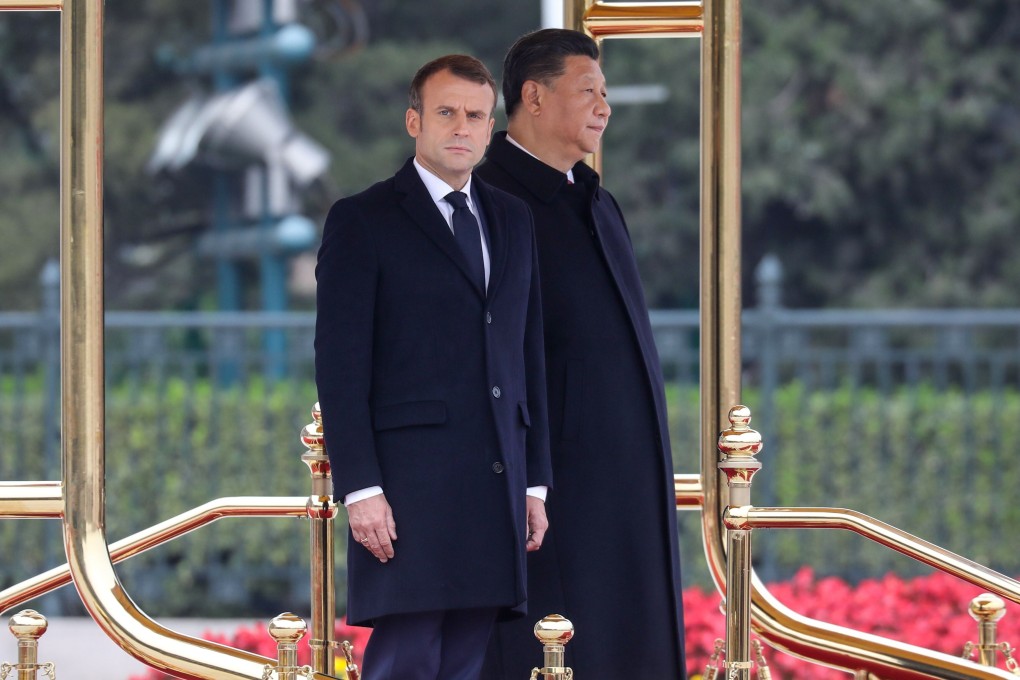Advertisement
China’s Xi Jinping is phoning EU friends rather than Donald Trump – but delicate conversations loom
- Investment agreement, 5G and Hong Kong among the sensitive topics ahead of EU-China dialogue
- Beijing’s wish for closer ties to Europe facing test as overtures meet with growing scepticism
Reading Time:3 minutes
Why you can trust SCMP

Chinese President Xi Jinping’s phone calls with top European leaders have become far more regular than those with his United States counterpart Donald Trump, as Beijing pivots to a Europe that is itself facing pressures from the US.
However, China and the European Union approach their strategic dialogue on Tuesday with major challenges to address, with a bilateral investment deal still unfinished, friction over issues including China’s handling of Hong Kong, and a recently postponed meeting between Xi and European heads of state hanging in the balance.
Beijing has stepped up the frequency of its overtures to European leaders ahead of Tuesday’s EU-China strategic dialogue between Chinese Foreign Minister Wang Yi and EU foreign policy chief Josep Borrell.
Advertisement
Last week, Xi made his fourth telephone call this year to German Chancellor Angela Merkel on Wednesday, followed by his fifth of the year to French President Emmanuel Macron on Friday.

06:35
Coronavirus: Is the dramatic collapse of China’s economy a warning for the rest of world?
Coronavirus: Is the dramatic collapse of China’s economy a warning for the rest of world?
By comparison, Xi and Trump have spoken only twice by phone this year, as US-China ties have sunk into a mutual blame game for the Covid-19 pandemic. Their last phone conversation was on February 7, when Xi said China had taken timely action to contain the outbreak and urged the US to “evaluate the situation calmly”.
Advertisement
Advertisement
Select Voice
Choose your listening speed
Get through articles 2x faster
1.25x
250 WPM
Slow
Average
Fast
1.25x